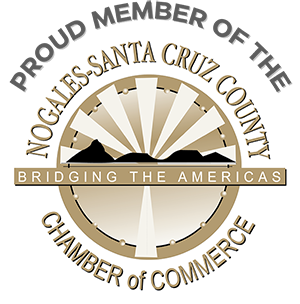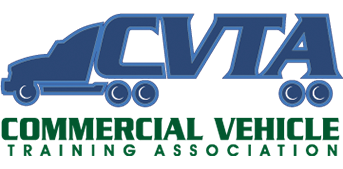Taxes can be confusing in any profession. In trucking, one question that often comes up is the difference between being classified as a 1099 contractor or a W2 employee. This distinction is important to understand when filing your taxes and can also help you determine the differences between different trucking jobs that may be available to you.
1099 vs W2 Basics
The differences between 1099 and W2 workers are consistent regardless of the industry. It’s helpful to understand these basics before examining how this affects truckers specifically.
1099 workers are considered independent contractors. They are not considered employees and are not subject to the same withholdings as W2 workers. As an independent contractor, the 1099 employee is responsible for their own taxes and insurance. In order for an employee to be classified as a contractor and receive a 1099 instead of a W2, a worker must meet certain criteria, such as being self-employed or working on a contract basis.
W2 employees are considered regular employees and their taxes are withheld by the employer. The employer is then required to pay the employee’s share of social security and Medicare taxes, as well as any other required deductions. W2 employees are hired to perform specific duties for the company compared to contractors.
1099 Trucking Jobs
In general, owner-operators receive 1099 forms during tax season. These drivers operate their own trucking company. They may contract with one or more different carriers or find loads on their own. Either way, they are not considered employees.
There are many benefits to being an owner-operator, such as having more control over your schedule. Owner-operators are also often able to make more money. However, these individuals are responsible for more costs and there are risks involved in running your own trucking business. It’s important to weigh these factors carefully before deciding to become an owner-operator.
W2 Trucking Jobs
Company drivers are typically W2 employees. This means the trucking company takes on more administrative burdens and costs. Truckers have more control over their day-to-day schedule than most W2 employees, but the motor carrier does still determine which loads are offered and the general requirements for how the job is done.
Being a company driver often offers more stability than becoming an owner-operator, although you can take fewer deductions on your taxes. However, you also aren’t liable for as many costs. Operator-operators must be able to manage all aspects of running a trucking business, whereas W2 truckers can focus on driving and let their employers handle administrative tasks.
Earn Your CDL
Whether your long-term plan is to become an owner-operator or a W2 trucker, you’ll need a commercial driver’s license (CDL) to get started. HDS Truck Driving Institute (HDS truck driving school) can help you earn your license in as little as four weeks. We give our students a strong foundation and teach skills that will continue to benefit them throughout their trucking careers.
To learn more about earning your CDL in Tucson, contact us today.








